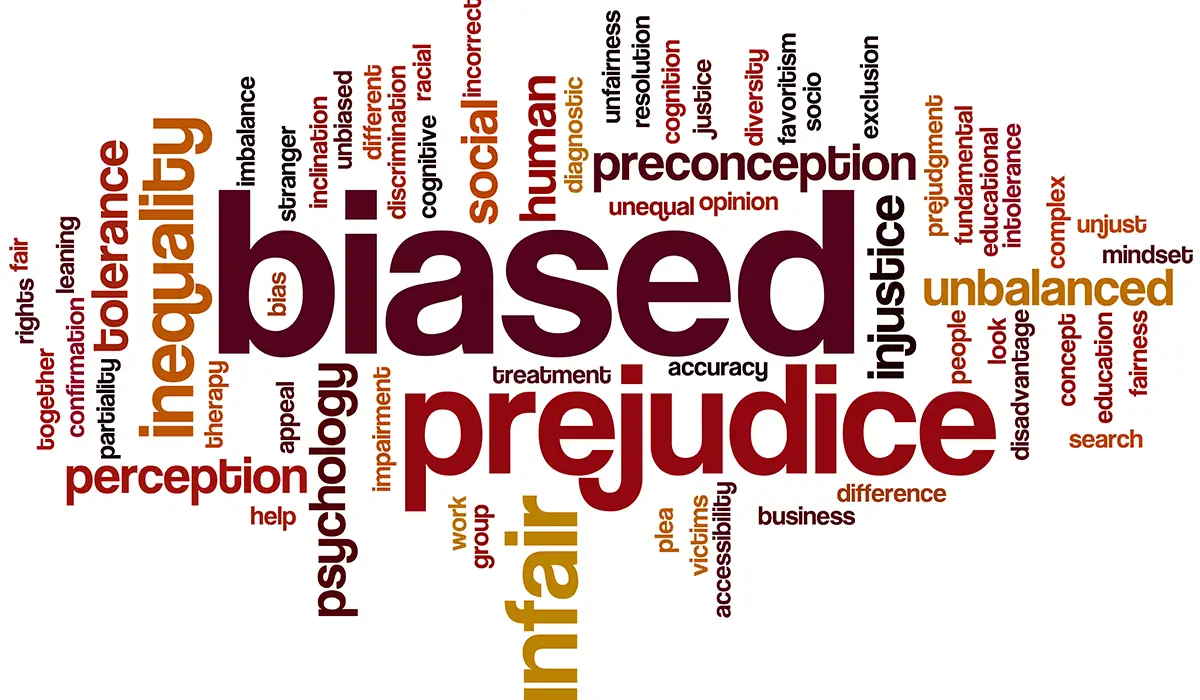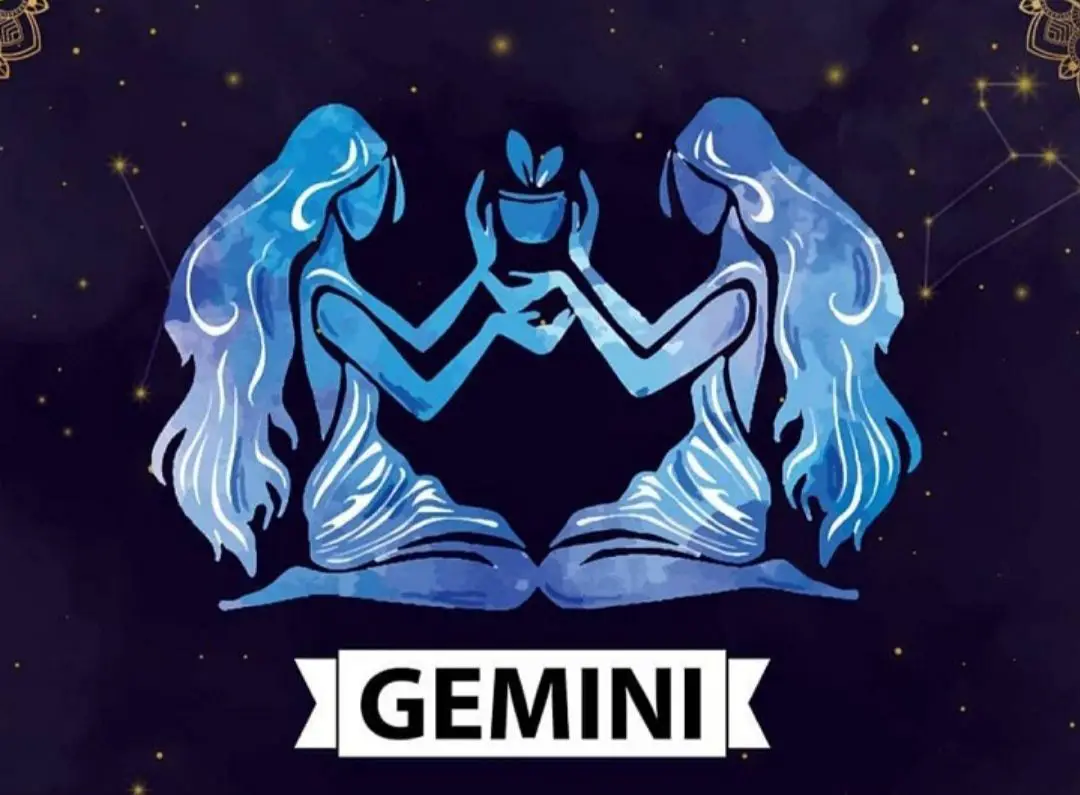How Does Gemini Compare To Other Large Language Models Like ChatGPT Or LaMDA?

Gemini is one among Google’s largest and most powerful language models, trained on data from the web, books, and other sources. It is designed to understand and generate human language, with applications including search, translation, summarization, and question answering. Like other LMs, such as ChatGPT and LaMDA, Gemini is evaluated on a range of tasks, including natural language inference, question answering, text summarization, and sentiment analysis.

Model Size and Parameters:

- Gemini: 280 billion parameters
- ChatGPT: 175 billion parameters
- LaMDA: 137 billion parameters
Gemini is the largest of the three models, with 280 billion parameters compared to 175 billion for ChatGPT and 137 billion for LaMDA. This gives Gemini a potential advantage in terms of accuracy and performance on language-related tasks.
Training Data:
- Gemini: Web, books, and other sources
- ChatGPT: Web, books, and conversations
- LaMDA: Web, books, and conversations
Gemini is trained on a more diverse dataset than LaMDA and ChatGPT, which focus primarily on conversations and text-based interactions. This broader training data gives Gemini a wider range of knowledge and the ability to handle a more extensive variety of language-related tasks.
Few-Shot Learning and Adaptability:
- Gemini: Limited information required for adaptation to new tasks
- ChatGPT: Requires substantial fine-tuning for new tasks
- LaMDA: Requires substantial fine-tuning for new tasks
Gemini has demonstrated a remarkable ability to adapt to new tasks with limited fine-tuning, meaning it can learn from a small set of examples and apply that knowledge to related issues. This makes Gemini well-suited for applications where rapid adaptation to new data or tasks is required.
Knowledge Cutoff:
- Gemini: April 2024
- ChatGPT: September 2024
- LaMDA: Not publicly disclosed
Gemini has access to more up-to-date information than ChatGPT, as its training cutoff is April 2024 compared to September 2024 for ChatGPT. This means that Gemini can provide more accurate and relevant responses to questions about recent events and trends.
Ethical Considerations and Safety:
- Gemini: Adheres to Google’s AI principles, with safeguards in place to prevent biased or harmful outputs
- ChatGPT: Susceptible to biases and can generate harmful content if not properly trained and monitored
- LaMDA: Similar ethical considerations to ChatGPT
Gemini is developed with a focus on ethical considerations, including adhering to Google’s AI principles and implementing safeguards to prevent biased or harmful outputs. This emphasis on ethical development mitigates the risks associated with potentially harmful or biased language generation.
Conclusion:
In general, Gemini compares favorably to other large language models like ChatGPT and LaMDA. Its larger size, diverse training data, few-shot learning abilities, up-to-date knowledge, and attention to ethical considerations make it a remarkable tool for language-related tasks.











